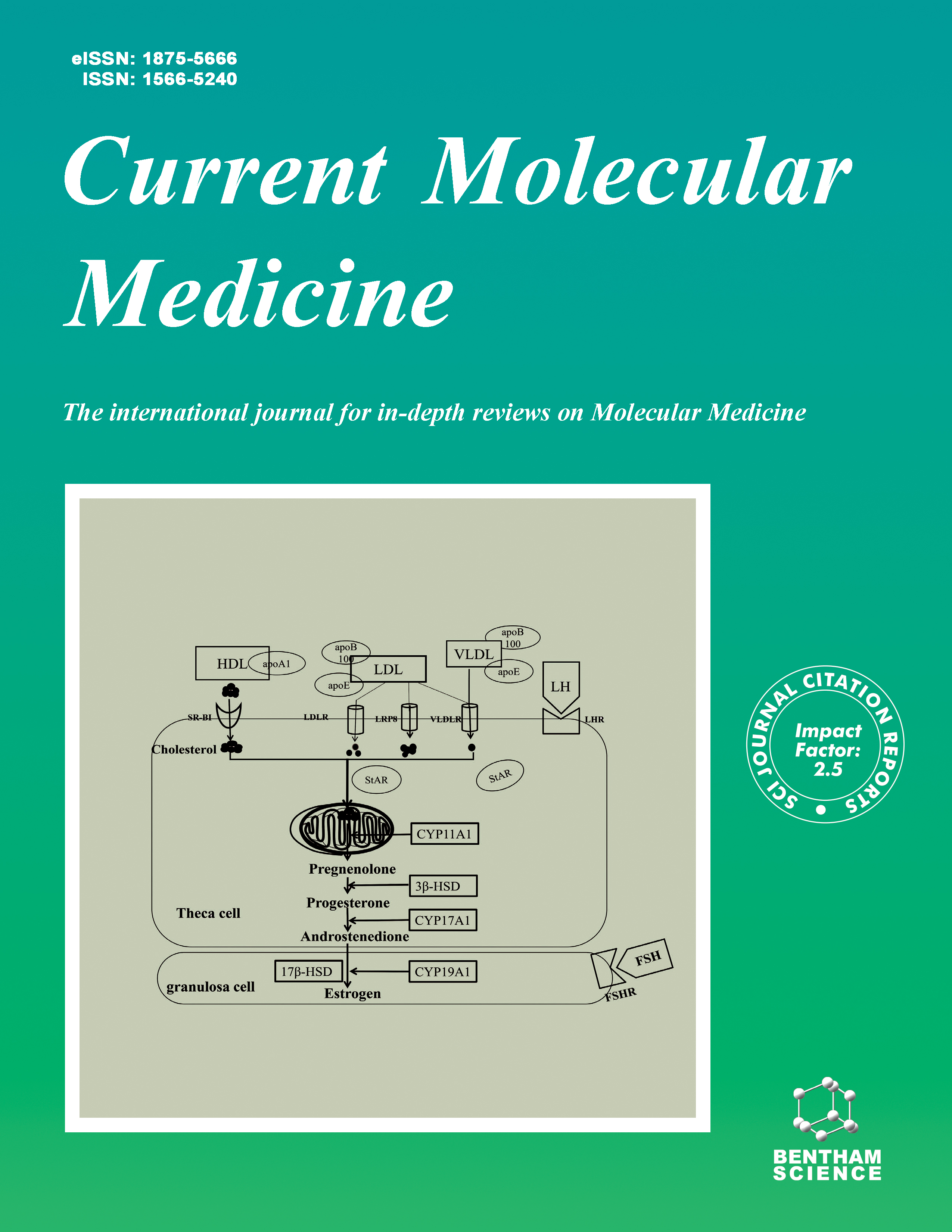-
s Attenuation of Cardiac Ischaemia-reperfusion Injury by Treatment with Hydrogen-rich Water
- Source: Current Molecular Medicine, Volume 19, Issue 4, May 2019, p. 294 - 302
-
- 01 May 2019
Abstract
Background: Hydrogen has been shown to exert a bioactive effect on the myocardium. This study examined the signalling pathways for hydrogen attenuating ischaemia-reperfusion injury. Methods: In total, 20 male Wistar rats were evaluated for the effects of hydrogen-rich water on ischaemia-reperfusion in hearts. Left ventricular tissue was taken for screening and analysis of active protein factors by protein chip technology. The enrichment of the KEGG pathway was obtained by using the Gene Ontology (GO) enrichment principle. The expression of JAK2, STAT1, STAT3, p-STAT1, p-JAK2, p-STAT3 in rat myocardium was detected by Western blot analysis and immunohistochemistry. The apoptosis rates of the control and hydrogen-rich water groups were detected by TUNEL staining. Results: The expression levels of 25 proteins, including five transduction pathways, were downregulated in the hydrogen-rich water group. The expression levels of p- JAK2/JAK2, p-STAT3/STAT3 were upregulated in the hydrogen-rich water group compared with the control group, and p-STAT1/STAT1 was downregulated in the hydrogen-rich water group compared with the control group. Furthermore, the apoptosis rate was significantly decreased in the hydrogen-rich water group, as well. Conclusion: Hydrogen-rich water may inhibit the apoptosis of cardiomyocytes after ischaemia-reperfusion by upregulating the expression of the JAK2-STAT3 signalling pathway, which reduces ischaemia-reperfusion injury.


